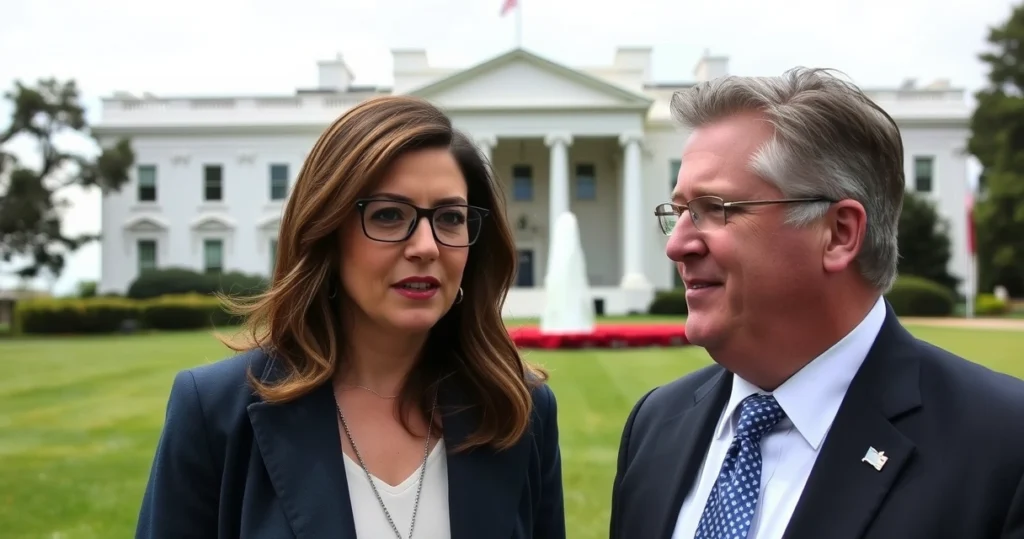As Ukraine Batters Russia with Daring Assaults, Firebrand Pro-Kremlin Pundits Rattle Nuclear Sabres
The ongoing conflict between Ukraine and Russia has escalated dramatically in recent months, particularly following a series of bold drone strikes carried out by Ukrainian forces against key strategic targets within Russian territory. These audacious military actions have not only showcased Ukraine’s evolving capabilities but have also raised significant concerns regarding Moscow’s potential military response. As the situation develops, pro-Kremlin commentators and military analysts have begun to rattle the proverbial nuclear sabres, suggesting that Russia may resort to extreme measures in retaliation.

In this article, we will explore the implications of Ukraine’s drone strikes, analyze the potential responses from Moscow, and examine the rhetoric surrounding the nuclear threat. By understanding these dynamics, we can gain insights into the future trajectory of this conflict and its broader geopolitical ramifications.
The Significance of Ukraine’s Drone Strikes
Ukraine’s recent drone strikes represent a pivotal moment in the conflict, marking a shift in the balance of power. These strikes have targeted Russian military installations, including airbases housing strategic bombers capable of delivering nuclear payloads. Such actions not only disrupt Russia’s military operations but also send a powerful message regarding Ukraine’s determination and capability to defend its sovereignty.
Strategic Targets and Their Impact
The choice of targets in these drone strikes has been deliberate and strategic. By focusing on airbases and military assets, Ukraine aims to weaken Russia’s operational capabilities while bolstering its own defense posture. The successful execution of these strikes demonstrates not only tactical proficiency but also underscores the importance of intelligence and reconnaissance in modern warfare.
- Disruption of Russian operations: Targeting airbases disrupts Russia’s ability to launch air strikes against Ukrainian positions.
- Psychological impact: Successful strikes bolster Ukrainian morale while instilling fear within Russian forces.
- International support: Demonstrating military capability may enhance Ukraine’s position in securing further international aid and military support.
The Nuclear Rhetoric: Who Benefits?
As Ukraine continues its daring assaults, pro-Kremlin pundits have intensified their rhetoric surrounding the nuclear option. This discourse serves multiple purposes, from rallying domestic support to deterring Western involvement. While the use of nuclear weapons remains a highly contentious topic, the mere suggestion of their use has significant implications for global security.
Domestic Propaganda and Fearmongering
In Russia, the media plays a crucial role in shaping public perception. The narrative of a looming nuclear threat is often employed to galvanize nationalist sentiments and justify military actions. This rhetoric not only aims to strengthen public support for the Kremlin but also seeks to portray the West as an aggressor, framing Russia’s military actions as defensive measures in response to external threats.
International Deterrence
The invocation of nuclear capabilities serves as a deterrence strategy aimed at discouraging Western nations from deepening their involvement in the conflict. By emphasizing the potential consequences of military escalation, Russia hopes to dissuade NATO and its allies from providing Ukraine with advanced weaponry or deploying troops.
Potential Military Responses from Moscow
The question of how Moscow will respond to Ukraine’s drone strikes remains open. Analysts suggest that Russia could adopt several strategies in its military response, ranging from conventional military actions to more extreme measures involving nuclear capabilities. Each option carries its own set of risks and potential consequences.
Conventional Military Escalation
One of the most likely responses from Moscow could involve an escalation of conventional military operations. This may include increased air and ground assaults aimed at crippling Ukrainian military infrastructure and retaliatory strikes against Ukrainian cities. Such a response would aim to demonstrate Russia’s resolve while attempting to restore the balance of power on the battlefield.
Cyber Warfare and Hybrid Tactics
In addition to conventional military responses, Russia may also opt for cyber warfare tactics aimed at disrupting Ukrainian communications and critical infrastructure. The use of hybrid warfare strategies, which combine military and non-military means, could prove effective in destabilizing Ukraine without escalating the conflict to a full-scale war.
Nuclear Posturing and Threats
While the actual use of nuclear weapons remains highly unlikely, Russia may engage in nuclear posturing as a means of signaling its capabilities. This could involve heightened readiness of nuclear forces or public demonstrations of nuclear assets. Such actions are intended to reinforce the perception of a nuclear threat, thereby influencing the behavior of Western nations.
The Global Implications of the Ukraine-Russia Conflict
The unfolding conflict between Ukraine and Russia has far-reaching implications for global security and international relations. The prospect of nuclear rhetoric and military escalation raises concerns about the stability of the European continent and the potential for broader conflict.
Impact on NATO and European Security
The situation poses challenges for NATO, which must navigate the delicate balance between supporting Ukraine and avoiding direct confrontation with Russia. Increased military assistance to Ukraine could provoke a stronger response from Moscow, leading to a cycle of escalation. NATO’s collective defense commitments will also be tested as member states evaluate their responses to potential threats.
Geopolitical Realignments
The conflict may lead to geopolitical realignments, with nations reassessing their alliances and security strategies. Countries in Eastern Europe may seek closer ties with NATO, while others may explore partnerships with Russia or seek to remain neutral. The long-term ramifications of this conflict will likely reshape the international order for years to come.
Frequently Asked Questions (FAQ)
1. What were the recent drone strikes carried out by Ukraine?
The recent drone strikes targeted Russian military installations, specifically airbases housing strategic aircraft. These strikes aimed to disrupt Russia’s operational capabilities and demonstrate Ukraine’s military resolve.
2. How has Russia responded to Ukraine’s drone strikes?
While Russia has yet to officially respond to the drone strikes, there are indications that it may escalate its military operations or engage in heightened nuclear rhetoric as part of a deterrent strategy.
3. What is the significance of nuclear rhetoric in the conflict?
Nuclear rhetoric serves multiple purposes, including rallying domestic support for the Kremlin, deterring Western involvement, and shaping global perceptions of the conflict. It underscores the potential consequences of military escalation.
4. What are the potential risks of nuclear escalation?
The risks of nuclear escalation include the possibility of catastrophic loss of life, widespread destruction, and destabilization of global security. It could also lead to a breakdown of international diplomatic efforts to resolve the conflict.
5. What can NATO do in response to the conflict?
NATO can provide military assistance to Ukraine, engage in diplomatic efforts to de-escalate tensions, and reinforce its collective defense commitments to member states. The alliance must carefully navigate its response to avoid provoking a direct confrontation with Russia.
Conclusion
The ongoing conflict between Ukraine and Russia, marked by daring drone strikes and escalating nuclear rhetoric, presents a complex and evolving geopolitical landscape. As Ukraine demonstrates its military capabilities, the potential for Moscow’s response remains uncertain. Whether through conventional military escalation, cyber warfare tactics, or nuclear posturing, the international community must remain vigilant in monitoring developments and pursuing diplomatic solutions. The stakes are high, and the future of European security hangs in the balance.
📰 Original Source
Este artigo foi baseado em informações de: https://www.cnn.com/2025/06/04/europe/nuclear-threat-ukraine-russia-latam-intl


